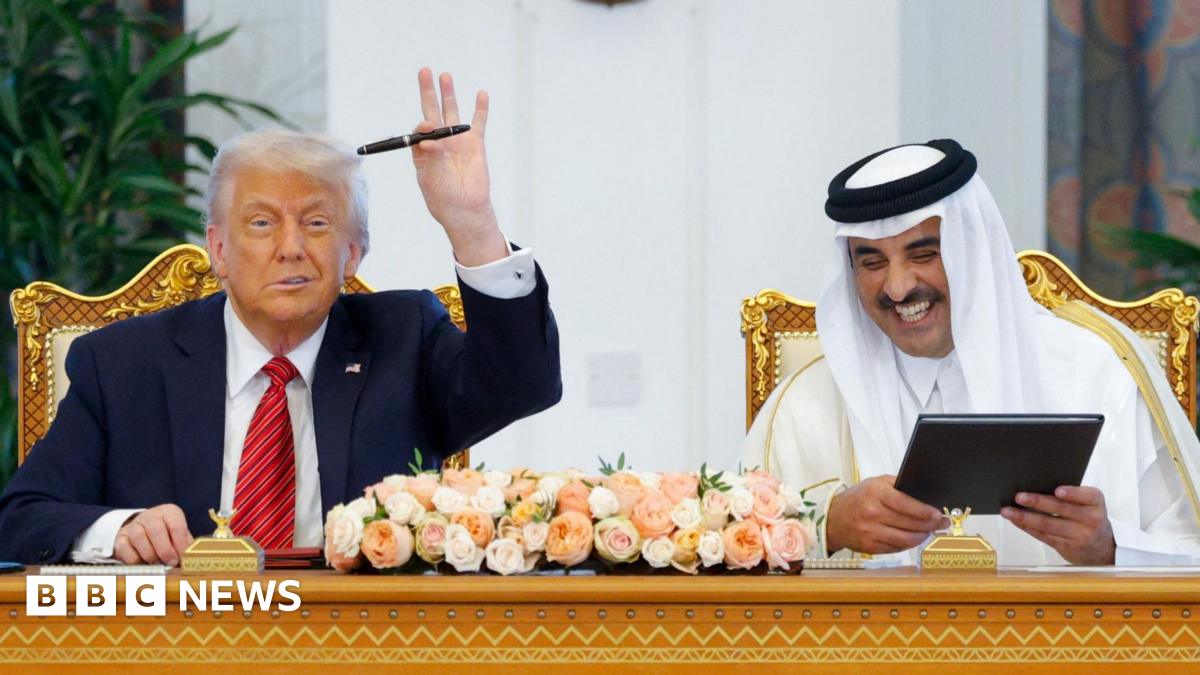Portugal Holds Firm: Centre-Right Alliance Secures Victory, Navigating Path to Governance Amidst Shifting Political Landscape

Portugal's Centre-Right Alliance Claims Victory, But Faces Governance Challenges
Lisbon – Portugal's Democratic Alliance (AD), a centre-right coalition, has emerged victorious from Sunday's snap parliamentary election. However, the victory comes with a familiar caveat: the AD failed to secure a full parliamentary majority, prolonging the nation's period of political uncertainty. The results highlight a complex and evolving political landscape, with the centre-left Socialists and the increasingly influential far-right Chega party locked in a tight race for second place.
A Narrow Win in a Divided Nation
The AD's victory isn't a resounding mandate. While they secured the most seats, they will need to negotiate and build coalitions to govern effectively. This necessitates engaging with other political forces, potentially requiring compromises that could shape the direction of Portugal's policies.
Socialists and Chega: A Battle for Second Place
The Socialists, traditionally a dominant force in Portuguese politics, put up a strong fight, but ultimately fell short of challenging the AD for the top spot. Equally noteworthy is the significant rise of Chega, the far-right party. Their near-tie with the Socialists for second place underscores a growing segment of the Portuguese electorate drawn to their nationalist and socially conservative platform. This shift presents a significant challenge to the established political order and necessitates a deeper understanding of the concerns driving this trend.
What Does This Mean for Portugal's Future?
The outcome of this election signifies a continued period of political maneuvering and coalition building. The AD will need to demonstrate its ability to forge consensus and address the key challenges facing Portugal, including economic recovery, social inequality, and the ongoing impact of inflation. The influence of Chega will also be a defining factor, potentially pushing the political discourse towards more conservative positions.
Key Challenges Ahead
- Economic Stability: Portugal's economy continues to grapple with the effects of global inflation and economic uncertainty. The new government will need to implement policies that promote sustainable growth and protect vulnerable citizens.
- Social Welfare: Addressing social inequality and ensuring access to essential services remains a crucial priority.
- Navigating Coalition Dynamics: Forming a stable and effective coalition will be essential for the AD to govern effectively. This will require compromise and collaboration with other political parties.
- Responding to the Rise of Chega: Understanding and addressing the concerns that have fueled the growth of Chega is vital for maintaining social cohesion and preventing the normalization of extremist ideologies.
Ultimately, Portugal's political future hinges on its ability to overcome these challenges and build a consensus around a shared vision for the nation's prosperity and well-being. The upcoming weeks and months will be crucial as political leaders navigate the complexities of coalition building and strive to deliver on the promises made to the Portuguese people.






